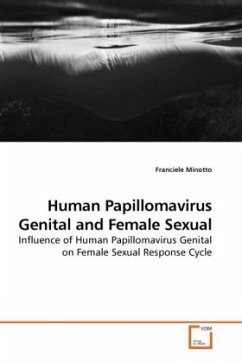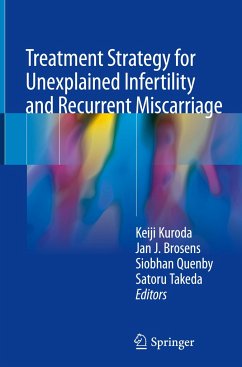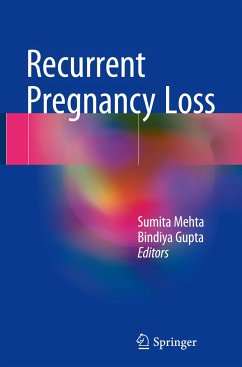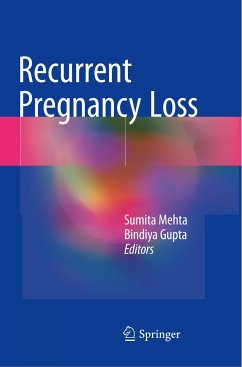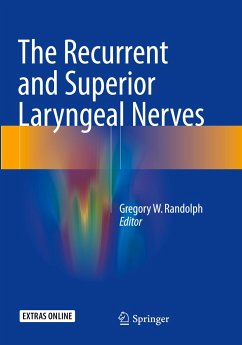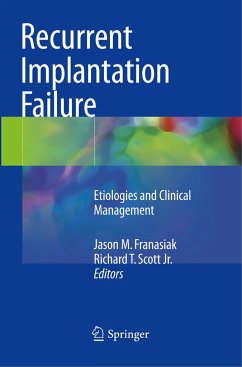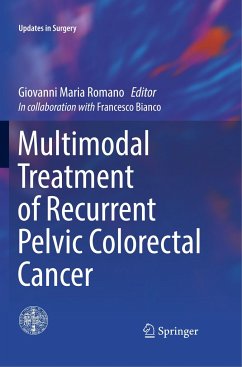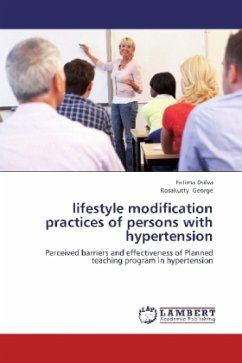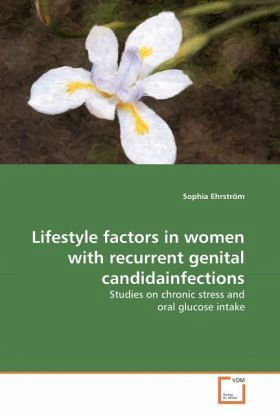
Lifestyle factors in women with recurrent genital candidainfections
Studies on chronic stress and oral glucose intake
Versandkostenfrei!
Versandfertig in 6-10 Tagen
32,99 €
inkl. MwSt.

PAYBACK Punkte
16 °P sammeln!
Recurrent vulvovaginal candidiasis and vulvar vestibulitis have become common in young women during the last two decades. 10-15 % of all women of fertile have vulvar symptoms such as itching, dryness, soreness or dyspareunia at some point of their lives, causing severe impact on relationships and quality of life. As much as 5 to 8% of women of reproductive age suffer from recurrent episodes of vulvovaginal candidiasis. 75 % of women with vestibulitis report a history of recurrent candida infections. The causes for these two linked vulvovaginal disorders remain largely unclear. The main purpose...
Recurrent vulvovaginal candidiasis and vulvar vestibulitis have become common in young women during the last two decades. 10-15 % of all women of fertile have vulvar symptoms such as itching, dryness, soreness or dyspareunia at some point of their lives, causing severe impact on relationships and quality of life. As much as 5 to 8% of women of reproductive age suffer from recurrent episodes of vulvovaginal candidiasis. 75 % of women with vestibulitis report a history of recurrent candida infections. The causes for these two linked vulvovaginal disorders remain largely unclear. The main purposes of this academic thesis were to study aspects of lifestyle, such as chronic mental stress and intake of glucose, in relation to recurrent vulvovaginal candidiasis and vulvar vestibulitis, with the aim to recommend preventive strategies. The results could be of interest for any woman with recurrent genital candida or vulvar vestibulitis, as well as their health care providers.



